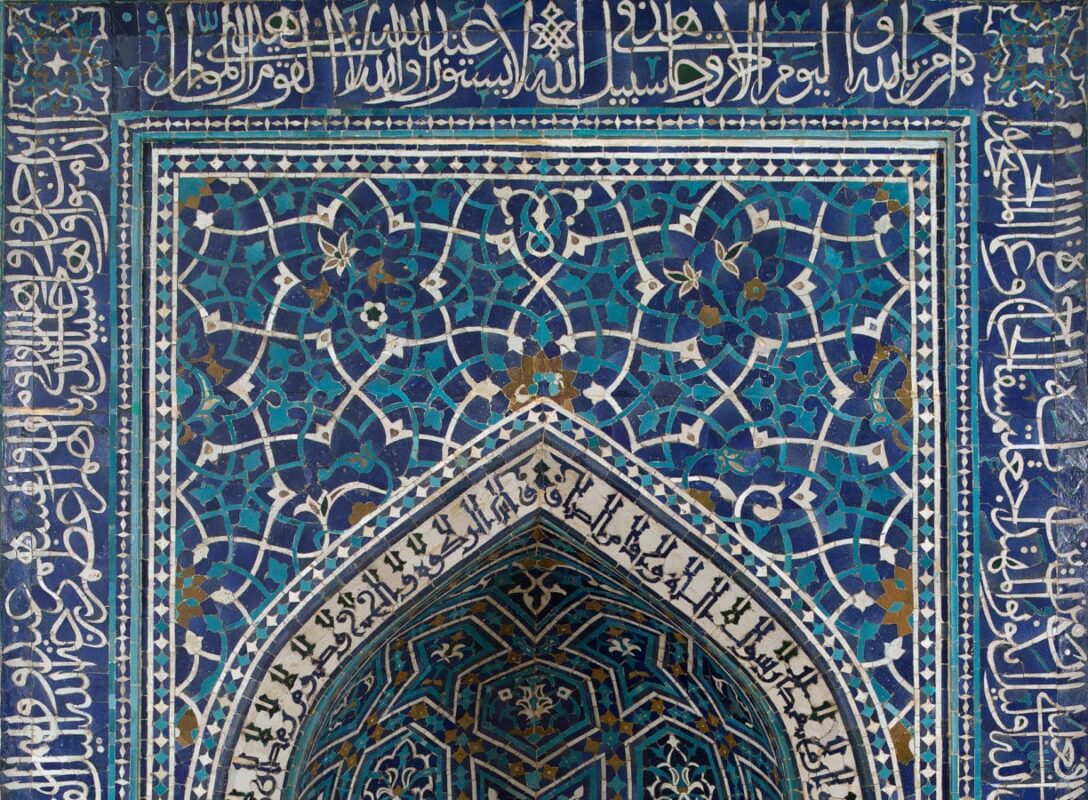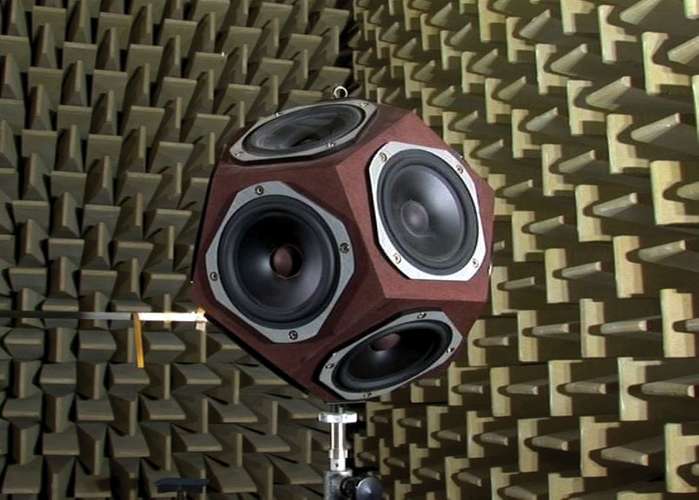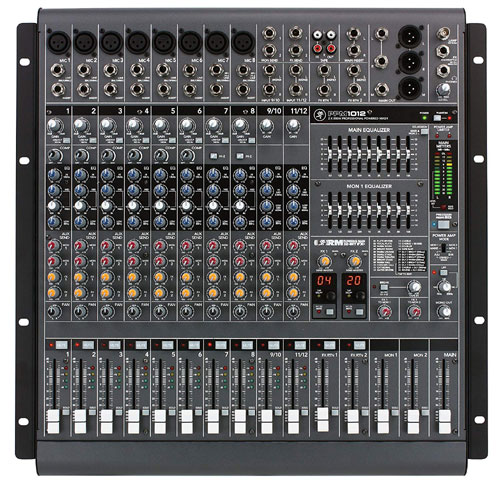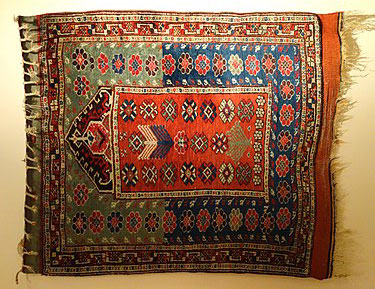
MASJID ACOUSTIC
Masjid acoustic is very important for Mosque because Mosque is foremost place of worship for Muslims and various activities are using it as a venue. Basically, there are three routine worship acoustic-related activities held at mosque: audibility of prayer order, listening & understanding speech during sermon and listening and/or reciting verses from Holy Quran. All these activities require a high level of speech audibility and intelligibility because it is directly related to devoutness of followers.
Acoustical Requirements
According to the mosque’s functions, the greatest determinant upon which its architectural design should be based is its acoustical requirements. The optimum acoustical environments in the mosque may be expressed in terms of some basic aural requirements such as:
—Sound audibility, where adequate loudness is to be received by all members of the audience with some degree of uniformity.
—Speech intelligibility, where all speech sounds should be comprehensible irrespective of the position of the listener.
—Full perception of special emphasis laid on some consonants and vowels when reciting Quranic verses.
—Naturalness of the speaker’s voice, arising from the ability of the listener to localize the real source and thus maintaining a feeling of realism and naturalness.
Features
The Mihrab was initially developed to indicate the direction of Qiblah and to provide the Imam with enough space to be ahead of all other worshippers during prayers as well as to improve the sound signal through reflections. However, current design practices have altered the size and shape of the Mihrab without any considerations to its acoustical implications.
The rectangular shape and large-volume mosques are being retained from the past even though those features are not needed nowadays. In the past the high ceiling, domes, and large windows served as a passive environmental control system that allowed natural ventilation as well as daylight. Also, domes and arches were introduced as structural elements to provide larger spans. Moreover, daylight is not as important as it used to be before the invention of electricity and it could be uneconomical in mosques if one considers that 60% of the time in which the mosque is used is during nighttime.
Other factors that emphasize the importance of the acoustical environment in mosques include the fact that only Arabic is used during prayers, even though most Muslims are non-native Arabic speakers. In addition, tranquility is one of the most important qualities for Muslims during prayers and good acoustical environments tend to help achieving such quality.












